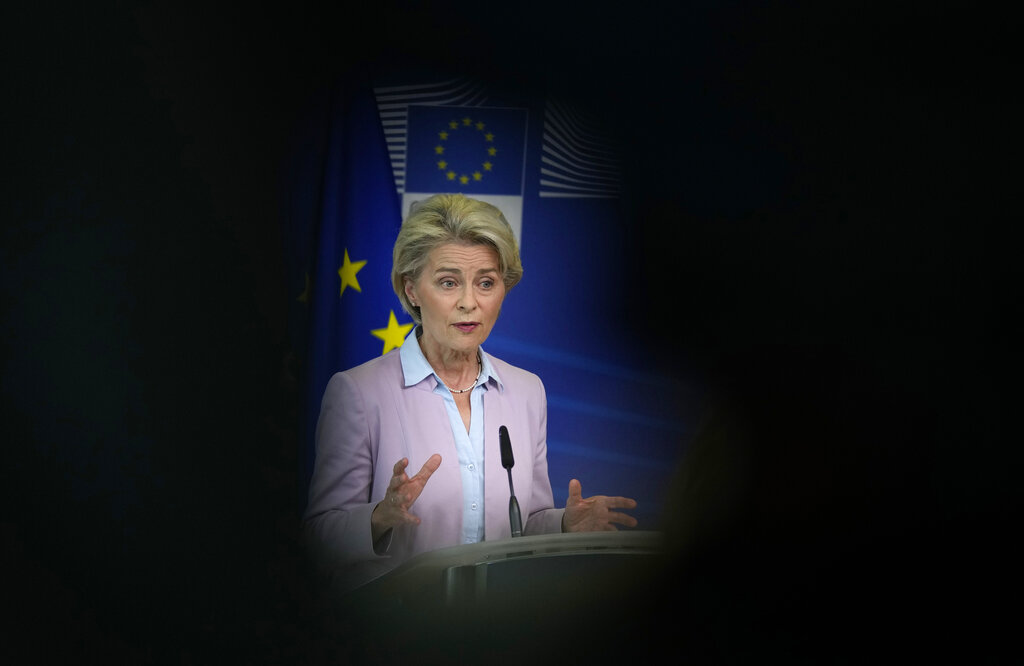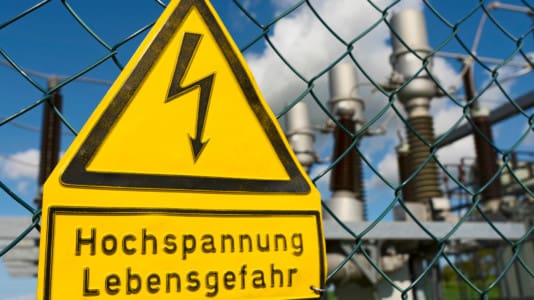The European Commission recommends a price cap for Russian gas, as well as the adoption of measures, including the mandatory reduction of electricity consumption in the EU during peak hours and the introduction of an upper limit on the revenues of non-gas-powered electricity producers, European Commission President Ursula von der Leyen said on Wednesday.
Von der Leyen explained that by introducing a price ceiling for Russian gas, the EU will reduce Russia’s revenues, which, as she said, Russian President Vladimir Putin is using to finance the war in Ukraine.
She revealed that the European Commission will make a proposal to save electricity by reducing electricity consumption during peak hours, and the commission will propose a cap on the revenues of companies producing low-cost electricity. As she explained, low-carbon energy producers receive windfalls that do not reflect their production costs. She said it was time for consumers to benefit from the low costs of low-carbon energy producers, such as those using renewable energy sources.
The commission chief added that the same applies to the windfall of companies using fossil fuels. As oil and gas companies have also made huge profits, the European Commission will propose a solidarity contribution to the affected companies. Member states should use the revenues to support vulnerable households and the use of clean energy sources, she said.
Von der Leyen concluded by saying that although energy companies should be supported to cope with market fluctuations, the affected companies are currently asking for unexpectedly large sums of money to survive, which threatens the EU’s commercial activity and the stability of the markets. The EU will therefore help the member states to be able to provide liquidity support to the energy companies concerned.
Russian President Vladimir Putin responded immediately to the plan, saying that the European Union is in no position to impose conditions on his country.
“If someone were to try to impose something on us, I would like to note that they are not in a position to dictate to us today. They should come to their senses,” he said.
He indicated that in the case of restrictions on energy supplies, the West should either provide support for high prices, which is bad because it does not change consumer behavior, or reduce consumption, which is economically viable but socially dangerous.
“It is better if we stick to contractual obligations, the relevant rules, and civilized relations,” Putin said.






